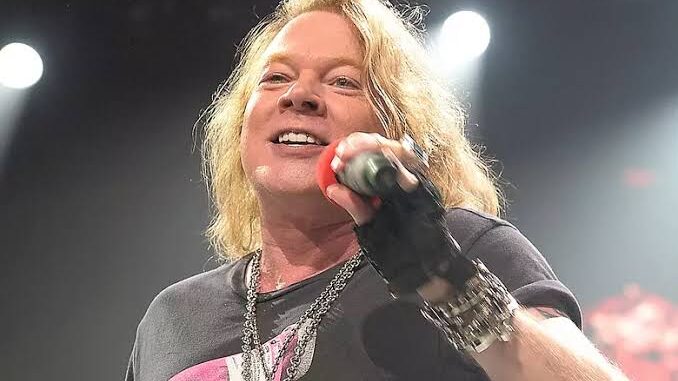
In the ever-evolving narrative of Guns N’ Roses, one voice has remained largely quiet through the years—until now. Izzy Stradlin, the elusive founding guitarist of the legendary hard rock band, has finally opened up about his absence from the recent Netflix documentary chronicling the rise and tumultuous history of GNR. His statement is short, direct, and unmistakably in line with his reputation for integrity: “I know what is right for me and I can never compromise that. All Netflix wanted was a money grab, and I don’t want to be a party to that.”
Stradlin, who co-founded Guns N’ Roses with Axl Rose and played a pivotal role in crafting their early sound, has long distanced himself from the spotlight. While his former bandmates have embraced reunion tours and media attention, Izzy has chosen a quieter, more private path. This rare public comment sheds light on the deep rift between his values and the commercial machine surrounding the band’s legacy.
According to sources close to the project, Stradlin was approached early in production and invited to participate in interviews and commentary. But from the outset, it seems the guitarist had serious reservations about the direction and motivations of the project. “Izzy is about the music, always has been,” said a longtime associate. “When it turned into a marketing ploy, he walked.”
The Netflix documentary, while praised for its high production value and archival footage, has drawn criticism from some fans for focusing too heavily on drama and sensationalism. Many have noted the glaring omission of Stradlin’s voice—a voice that shaped GNR’s biggest records, including Appetite for Destruction and Use Your Illusion I & II.
For Izzy, the decision wasn’t about nostalgia or reliving past glories. It was about principle. In his own words, “When I left the band, it was because things stopped feeling right. This documentary felt the same way—packaged, polished, and hollow. That’s not me.” It’s a stance consistent with his long-standing attitude toward fame and corporate influence.
Stradlin’s refusal to participate is more than a simple snub. It’s a statement about authenticity in an era where rock and roll stories are often commodified. For fans who have followed his low-key post-GNR solo career, this response rings true. He’s never chased the spotlight, and he’s never pretended to be someone he’s not.
Netflix, for its part, has not commented directly on Stradlin’s statement, but insiders claim the production team was “disappointed” but “not surprised” by his decision. “We knew Izzy might say no,” one producer said anonymously. “He’s always been the wild card—the one with the most integrity in the group.”
Stradlin’s absence has fueled speculation about deeper tensions within the band, even decades after his departure. While Slash and Duff McKagan have returned to the fold for recent tours, Izzy has remained on the sidelines, occasionally surfacing for brief cameos but never committing to a full reunion. His latest remarks suggest that distance is intentional—and perhaps permanent.
In a music industry increasingly driven by algorithms and content deals, Stradlin’s refusal to “compromise” is a refreshing reminder of rock’s original spirit: rebellious, independent, and defiant of exploitation. He may not be the loudest member of GNR, but his silence speaks volumes.
Fans have taken to social media to voice both disappointment and respect. “I wish Izzy was in the doc, but I totally get it,” one fan tweeted. “That’s why he’s the realest of them all.” Another wrote, “Izzy saying no to Netflix is the most rock ‘n’ roll thing ever.”
Though the Netflix documentary may claim to tell the full story of Guns N’ Roses, without Izzy Stradlin, many believe the tale remains incomplete. His riffs, songwriting, and vision helped define the band’s sound—and his absence is felt just as deeply today as it was when he walked away in 1991.
In the end, Stradlin’s message is clear: some things aren’t for sale, not even for a documentary that will be streamed to millions. “I know what is right for me,” he says—and that, perhaps, is the truest anthem of all.
Leave a Reply